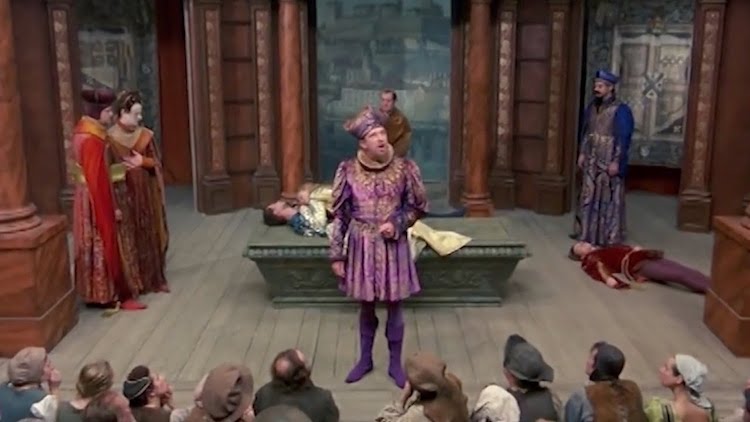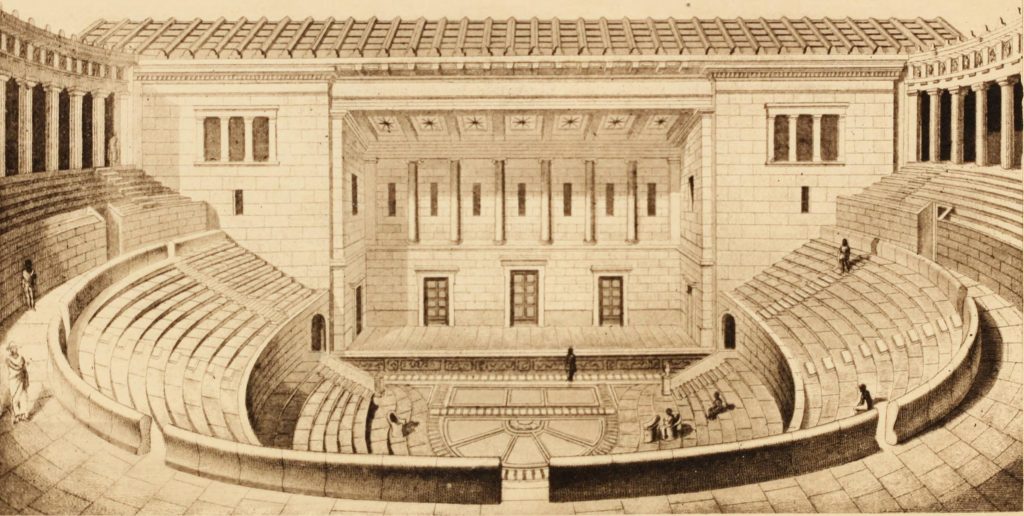
Why do we wish our friends to “break a leg” when we wish them good luck? There are multiple explanations for this unique saying, some are born out of superstition and other out of historical facts. The phrase itself is probably a combination of both and took a meaning of its own.
The Superstition Explanation
The very old superstition of wishing the opposite of something you desire not to jinx the outcome. As a result, wishing the misfortune should have the superstitious effect of hoping for good luck.
The origin of the idiom stems from the theatre world. Actors and performers have always been knonw for their superstition. Thus, it seems that to avoid enraging the Actors it became a custom to wish them a bad and unlucky performance with the hope that an amazing one would happen. The first recording of this phrase can be traced to the 1920s in Britain.
Dancers are performers who make a living using their legs. The phrase “break a leg” could have been born out of their superstitious way to avoid injury. In France the less refined word “merde” is still used today with the same opposite meaning.
Break a leg is a quite recent English Idiom but other countries have similar ways to wish bad luck but hoping for success. For example, in Italian the most used phrase is “in bocca al lupo”, in “the mouth of the wolf”, which the response is “Crepi il lupo”, translated “May the wolf die”.
The Historical and Factual Theories
On the more historical front break a leg has many different plausible explanations.

The most ancient comes from Greece. After a performance, the Greek would not clap but they would stump their feet. If the performance was outstanding the wish could have meant that the spectators broke their legs “clapping”.
Performing has always been a very physically demanding job. Wishing to break was meant as an encouragement taken from the military. Go to the end, succeed or break a leg trying.
It was used jokingly by the apprentices who wanted the actors to have an injury so they could perform in their stead.
The idiom could derive from an ancient British term. Saying “Break a Leg” actually meant to bow. So it was a way to wish the performer to reach the end and receive an applause
The side curtain of the Theatre are called legs. Breaking a leg meant get a curtain call – synonymous of a successful performance
One last possibility is that the phrase was adapted from the German phrase “Hals- und Beinbruch” (meaning break your leg and neck) still used today. The origin of this phrase is borrowed from the Yiddish “hatsloche un broche” which is pronounced very similarly. The meaning, however, is quite different as it means “Success and Blessing”.
References and Learn more
Break a leg – Wikipedia
The phrase ‘Break a leg’ – meaning and origin. (phrases.org.uk)
Why Do We Say ‘Break A Leg’? – HistoryExtra